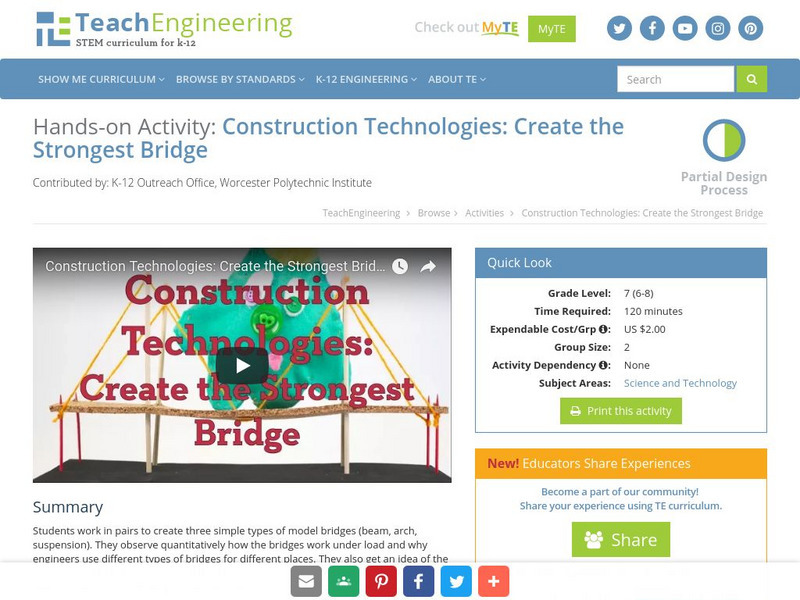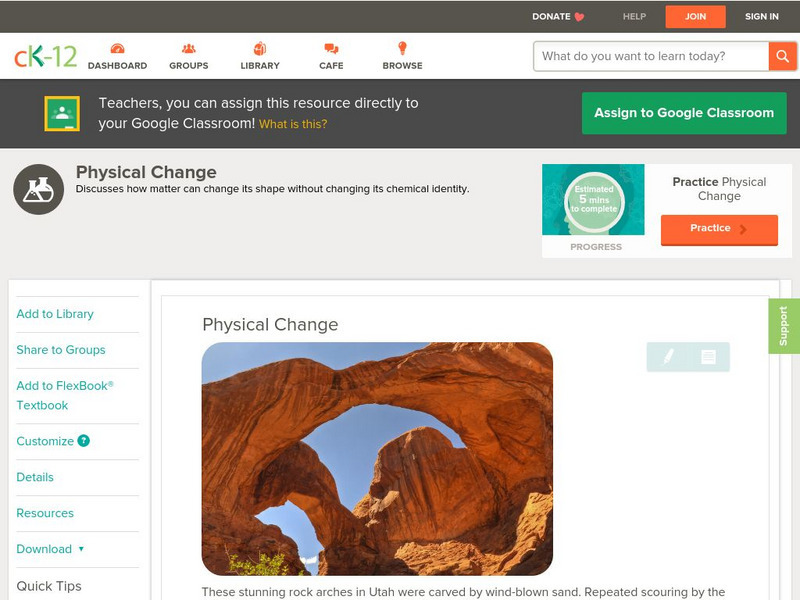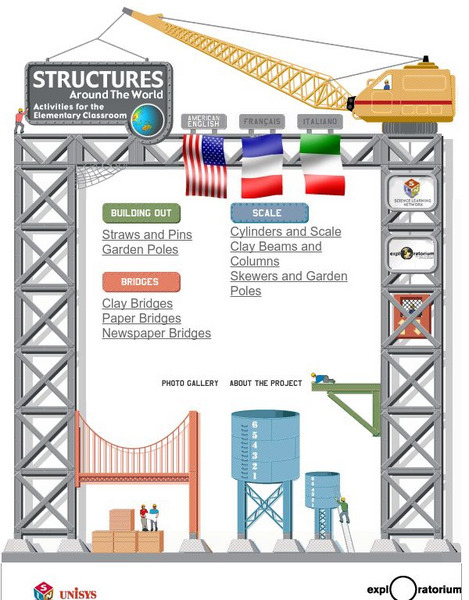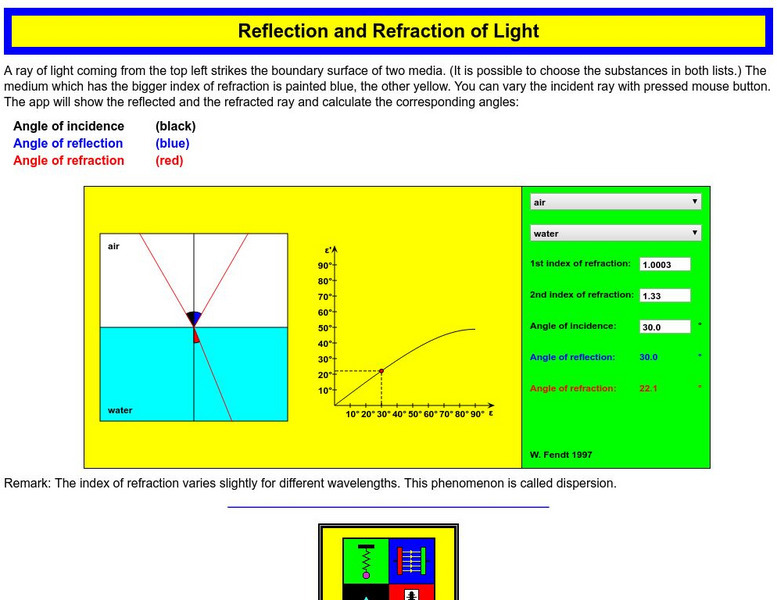Hi, what do you want to do?
Teach Engineering
Glue Sticks Bend and Twist
Stick this resource in the "Use" column. In the second installment of a six-part series, learners use glue sticks to demonstrate forces. Using glue sticks, instructors can demonstrate tension, compression, and torsion.
Curated OER
Strong as the Weakest Link
Students recognize that compression and tension forces are important considerations in building structures. They construct their own building structure using marshmellows and spaghetti to see which structure can hold the most weight.
Curated OER
TE Activity: Testing Fundamental Loads
Students experiment with the five fundamental load types that can act on structures. They use foam insulation blocks to which they apply the forces and draw the fracture patterns. They determine the telltale marks of failure that is...
TeachEngineering
Teach Engineering: Fairly Fundamental Facts About Forces & Structures
This lesson will introduce students to the five fundamental loads: compression, tension, shear, bending, and torsion.
TeachEngineering
Teach Engineering: Construction Technologies: Construct the Strongest Bridge
In this activity, students will work in pairs to create three simple types of bridges. They will observe quantitatively how the bridges work under load and why engineers use different types of bridges for different places. They also will...
Georgia State University
Georgia State University: Hyper Physics: Refraction of Sound
A discussion of refraction and its application to sound waves. Using analogies, graphics and real-life applications, this page and those that accompany it explain why and when sound waves bend.
TeachEngineering
Teach Engineering: Testing Fundamental Loads
Students will conduct several simple lab activities to learn about the five fundamental load types that can act on structures: tension, compression, shear, bending, and torsion. In this activity, students break foam insulation blocks by...
CK-12 Foundation
Ck 12: Chemistry: Physical Change
[Free Registration/Login may be required to access all resource tools.] Definition of physical change and examples, and how physical changes can be reversed.
TeachEngineering
Teach Engineering: Glue Stick Activity
In this activity students will use hot glue gun sticks to show tension, compression and torsion.
Exploratorium
Exploratorium: Structures Around the World
How does that bridge stay up? What are the forces acting on that column? This site helps students understand how structures can be built by having them build their own. Also provides images of real structures for kids to compare with...
Physics Classroom
The Physics Classroom: Refraction and the Ray Model of Light: Boundary Behavior
In this physics tutorial, focus on the refraction of light in great detail. Explore the conceptual and mathematical principles governing the bending of waves as they cross the boundary between two media.
Physics Classroom
The Physics Classroom: Refraction/ray Model of Light: The Angle of Refraction
Focusing on the question, "By how much does light refract when it crosses a boundary?" this physics tutorial will allow students the opportunity to explore these concepts of refraction.
Walter Fendt
Walter Fendt: Reflection and Refraction of Light
Defines the refraction of light and provides an applet for investigating it.
















